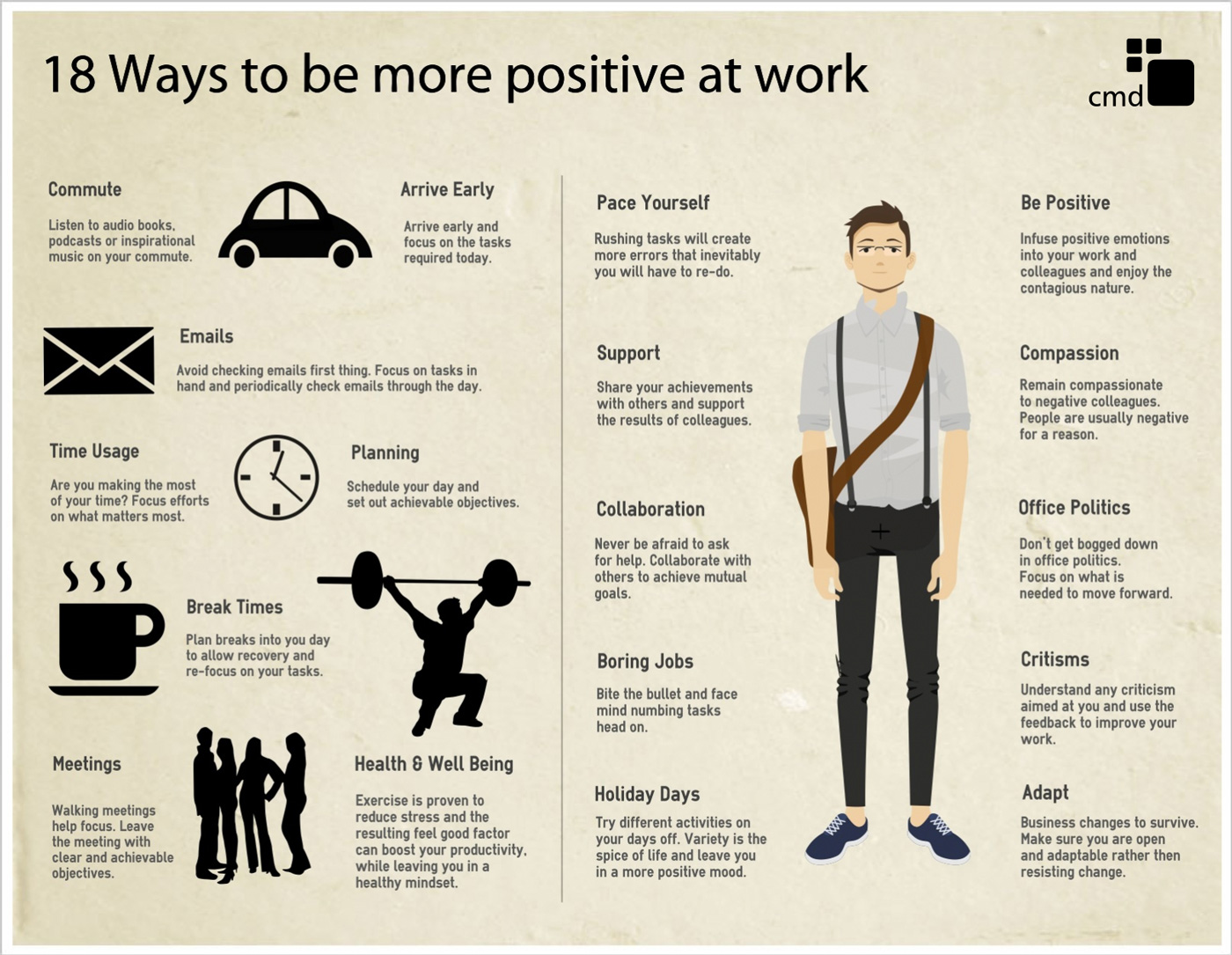Quora Insights: How Positive Workplace Changes Can Arise from Difficult Situations
New Opportunities from Departures
When employees voluntarily leave an organization, it can initially seem like a loss. However, there are often hidden benefits that arise. Open positions allow for promotions and career growth within the company. Responsibilities that were once shouldered by one can be distributed among several, enriching multiple roles. This redistribution of duties offers a chance to restructure workflows and divvy up jobs in a way that maximizes each employee’s skills and passions.
Employee satisfaction and retention
Departures act as a signal that underlying issues need addressing. If not handled properly, dissatisfaction may spread and more people will feel compelled to leave. But by genuinely listening to feedback and prioritizing workplace culture, exits can mobilize positive change. Improved conditions help existing staff feel valued while making the company more attractive to future hires. With small actions like distributing thank you gifts, morale stays high even during busy transition periods.

Toxic Coworkers and the Power of Graceful Exits
Some departures are more a relief than a loss. Toxic individuals who gossip, undermine others, and create an overall unpleasant environment do untold damage to team dynamics and productivity. However, directly confronting such problematic coworkers often backfires and burns bridges unnecessarily.
Diplomacy over drama
The story of a coworker who spread blatant lies and tried sabotaging colleagues shows how toxicity spreads misery. Directly calling out such a person would amount to “feeding the drama”. It’s best to simply remove oneself from their sphere of influence by leaving gracefully. Rise above their antics with diplomacy rather than stooping to their level.
Prioritizing professionalism
Burning bridges serves no good purpose and tarnishes one’s own reputation. Even when strongly disliking a coworker, it’s wisest to take the high road of courtesy and discretion. Focus outwardly on serving the organization with positivity and professionalism till the very end.
New Possibilities from Unexpected Transitions
Change creates uncertainty but also opportunity. When a senior leader retired unexpectedly, it allowed new responsibilities to be distributed in a way that vastly expanded two individuals’ roles. Significant career growth arose from adapting to altered circumstances.
Embracing change with optimism
Rather than fearing change or bemoaning perceived losses, maintaining a growth mindset helps capitalize on new possibilities. Volunteer for stretch assignments outside one’s comfort zone. View transitions positively as a chance to develop new skills and advance the organization in fresh ways. An open and optimistic attitude makes the most from what others may see as problems or setbacks.
A Model for Successful Transitions
Relocating over 1,100 employees into a new headquarters required immense coordination. Care, consideration and community-building helped ensure a smooth process.
Prioritizing people through small gestures
Distributing personalized bags with information and snacks showed employees they were valued beyond their roles. Soliciting feedback found the transition support exceeded expectations. Thinking holistically about peoples’ experience built goodwill that lasted.
Lessons from Differing Departure Situations
While every situation differs, understanding both tangible and emotional impacts helps organizations move forward well.
Assessing loss objectively
Grieving departures natural but not always constructive. View exits more practically - what new possibilities arise? How can positive culture develop further? Focusing outward helps adapt and thrive despite changes.
Rising above difficult dynamics
When toxicity causes turnover directly, it’s wisest exiting gracefully without escalating drama. Professionally completing responsibilities preserves relationships and reputation best. Time heals and moving forward well reflects strongest on any situation.
Overall Takeaways
In summary, rather than always lamenting changes externally imposed, open-minded organizations see opportunities within. From career growth to culture refinement, exits challenge assumptions and invite fresh approaches. With patience, understanding and by prioritizing people, transitions become growth periods that strengthen workplaces long-term. positive ways. An open and optimistic attitude makes the most from what others may see as problems or setbacks.
